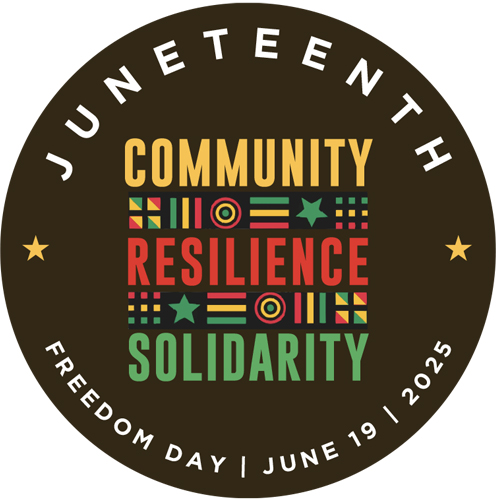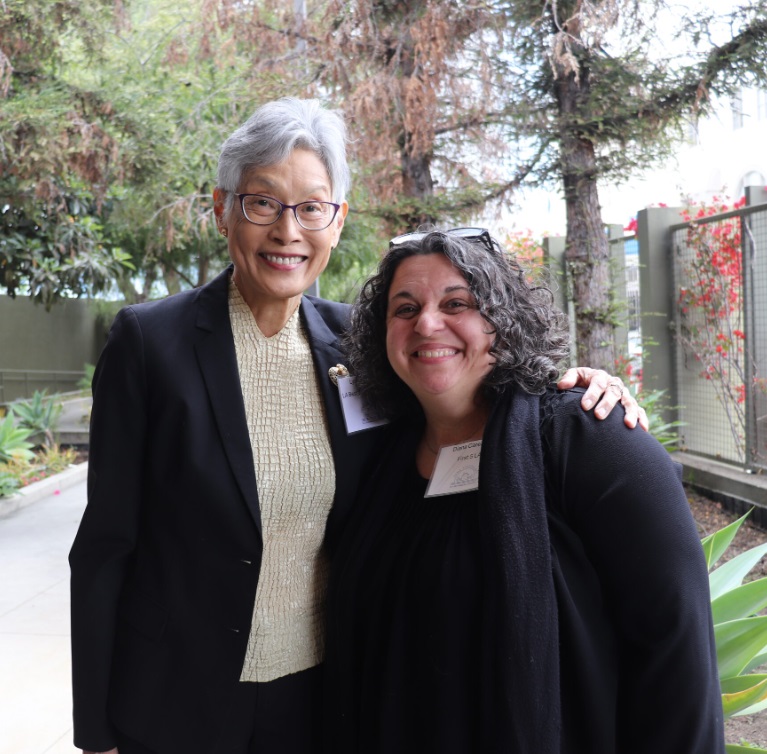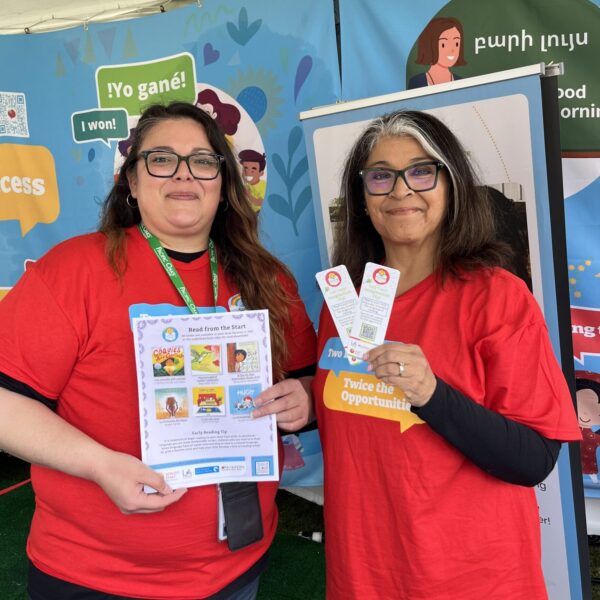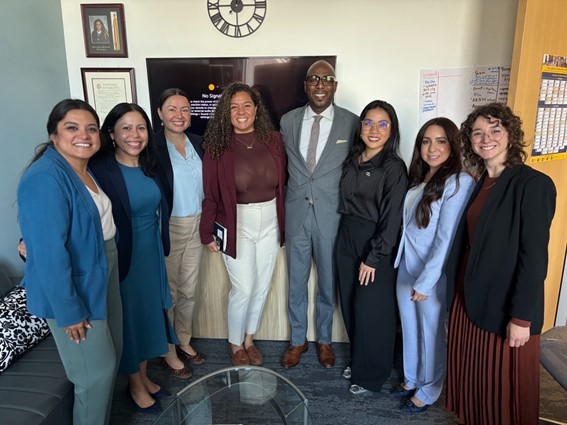We live in a complex world. One in which the solutions to society’s greatest problems are not easily identified or implemented. Within that complexity lie both challenges and opportunities to building better communities where all residents can thrive.
Today’s societal hardships are some of the worst we have seen in generations…poverty, homelessness, violence, chronic disease, mental illness, addiction, and more. Though many amazing programs have been designed to help address these persistent issues, they too often offer post-occurrence remedies rather than look upstream to identify the root causes – and thus offer sustainable solutions. Before we can design effective strategies we must first identify the common origin of so many social ills.
I would argue that the root cause philanthropy cannot ignore, regardless of the outcomes you seek or the population you serve, is exposure to trauma. Trauma is defined as the effects of a single event, a series of events, and/or ongoing circumstances that are experienced or perceived as physically or emotionally harmful and/or life threatening.
Trauma can affect individuals, families, and communities immediately and over time, even generations. The adverse effects of trauma can be profound and long lasting, resulting in diminished functioning and wellbeing, including mental, physical, social, emotional, and/or spiritual health.
Relationships are what set apart those who’ve experienced and overcome traumatic childhoods from those who could not.
Among the many historical influences that have given rise to a movement focused on trauma and resiliency, the 1998 Adverse Childhood Experiences (ACE) study has been particularly significant in building a broader conversation on the subject and the need to more systematically address its negative effects.
According to the Centers for Disease Control and Prevention, one out of every eight children suffers enough trauma to cause lasting damage. Exposure to early childhood adversity can make individuals more susceptible to a number of poorer outcomes such as physical and mental health issues, learning and behavior issues, lower academic performance and shorter overall life expectancy.
At First 5 LA, we recognize trauma and chronic stress as one of the most damaging factors in a child’s development. As an independent county agency advocating on behalf of parents and their children, prenatal to age 5, we are committed to collaborating with child and family serving systems to respond when families and children have experienced trauma in their lives.
Ask yourself, what is the impact of one stable and nurturing relationship? The numerous individuals, families and communities on the receiving end will tell you it can change the trajectory of a life. Relationships are what set apart those who’ve experienced and overcome traumatic childhoods from those who could not. However, it’s not only about the relationships between individuals.
It’s also about the communities and service delivery systems that those relationships exist within. It illustrates how fundamental shifts in societal norms, policies and systems create environments that diminish exposure to trauma and are prepared to address and buffer trauma when circumstances occur.
While the impact of trauma can be profound, research shows that organizations and systems can have a mitigating effect when they help the children and families they serve recognize trauma, and focus on healing and becoming more resilient. The research further demonstrates how important it is for supporting organizations to recognize the signs of compassion fatigue among staff and to make a sustained commitment to helping them heal and become more resilient as well. Trauma informed care focuses on a person’s past experiences before trying to correct their current behavior. This interventional and organizational paradigm is shifting the question from “What’s wrong with you?” to “What happened to you?”
While philanthropic organizations may vary in their desired outcomes and populations of interest, there are shared values in coalescing efforts around the distinct but related complex issues tied to trauma. Chief among them is an ability to come together and leverage the expertise, relationships and dollars to fund upstream approaches that prevent the downstream outcomes. Efforts in trauma and resiliency informed systems change are yielding lessons learned and best practices on how to do that.
- Engage unlikely partners: Often times, we tend to stick to what we know and who we know. Engaging and building relationships with unlikely partners who may not share the same target population or desired outcomes, but their intentions align with a focus on trauma, could help broaden the circle of those advocating for the same changes. In Los Angeles, we’ve brought together private foundations and public systems to hold a piece of this movement. Public and private partners complement this type of movement and bring different strengths to the table.
- Engage partners early: Complex problems usually are best addressed through multi-dimensional strategies that rely on more than one person, organization or system to succeed. Engaging partners early helps build rapport and create buy-in to the cross-system strategies ultimately developed.
- Leverage dollars and relationships: Partners serve as allies to this movement. The more partners you bring to the table, the more dollars you can pool together and the more you can leverage the additional relationships those partners bring. An ongoing pooling of funds and partners through an ally building movement perpetuates addressing trauma as the root cause of complex societal problems. The pooling of funds also represents the collective endorsement of multiple funders who support this approach. It opens avenues of dialogue with key decision makes within systems.
- Consider Scale and Sustainability: Philanthropic dollars alone cannot sustain an effort so complex. That is why both the scale and sustainability of an effort of this magnitude must be considered early on to engage essential partners and design effective and sustainable strategies.
We can’t solve the cycles of poverty, unemployment, homelessness, incarceration, or abuse without addressing trauma and can’t address the issue of trauma in isolation of one another. Only together can we build the foundation of a trauma informed approach that is structured around love, relationships and environments. It drives how individuals feel treated, valued, trusted, and loved. It is imperative that this be a collective movement advocating for stronger relationships that will strengthen the society we all need to succeed in life.
For more information on First 5 LA’s Trauma and Resiliency Informed Systems Change Strategy, visit our website.
Pegah Faed, DrPH, MPH is a Senior Program Officer, Health Systems at First 5 LA.
This post was originally published by Grantmakers In Health’s “Views from the Field” blog in May 2018.






